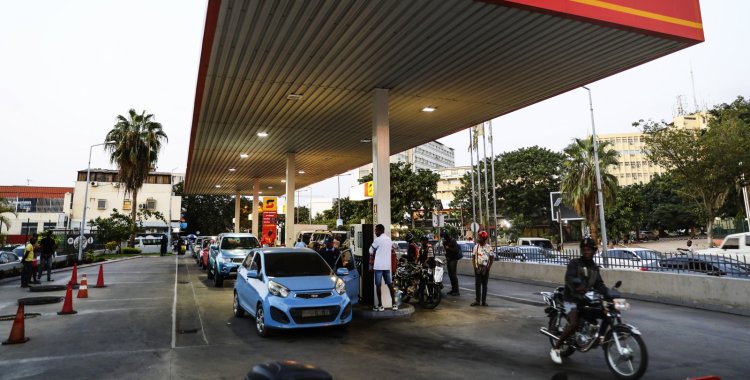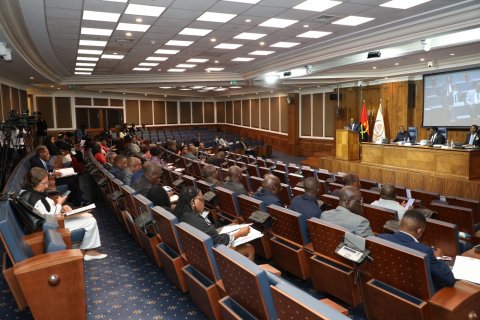According to the Ministry of Finance, estimates for 2023 indicate that expenditure levels on fuel subsidies will reach 1.82 billion kwanzas, which comprises 19.37 percent of primary fiscal expenditure and 2.9 percent of Domestic Product Gross (GDP).
For the authorities, the aforementioned subsidies must continue to constitute one of the main "sources of high risk for fiscal balance and sustainability in the medium and long term".
"So that the non-effective rationalization of this expenditure will continue to remove fiscal space to absorb future shocks and will limit the State's capacity to comply with the fiscal anchors established by the Public Finance Sustainability Law", reads the statement of reasons for the General State Budget (OGE) 2024, consulted this Wednesday by Lusa.
The need to exchange subsidy expenditure for more productive expenditure, particularly with a social impact, in the areas of health, education and social protection is also highlighted in this document.
Since last June, the Government decided to increase the price of a liter of gasoline, which is now sold at 300 kwanzas compared to the previous 160 kwanzas, maintaining the subsidy for the agricultural, fishing and public transport sectors.
The Ministry of Finance recalls, in this OGE 2024 background report, that the executive implemented a series of mitigation measures to support the most sensitive segments of society affected by the increase in the price of gasoline.
"Including families through the reinforcement of the Kwenda monetary transfer program, companies in the agriculture and fishing sectors and freight transport operators, and subsidies for taxi and motorcycle taxi operators", he highlights.
He also adds that the lower intensity of economic activity, translated into lower growth in the non-oil sector, also constitutes a third preponderant factor for fiscal management in the first two quarters of the year.







